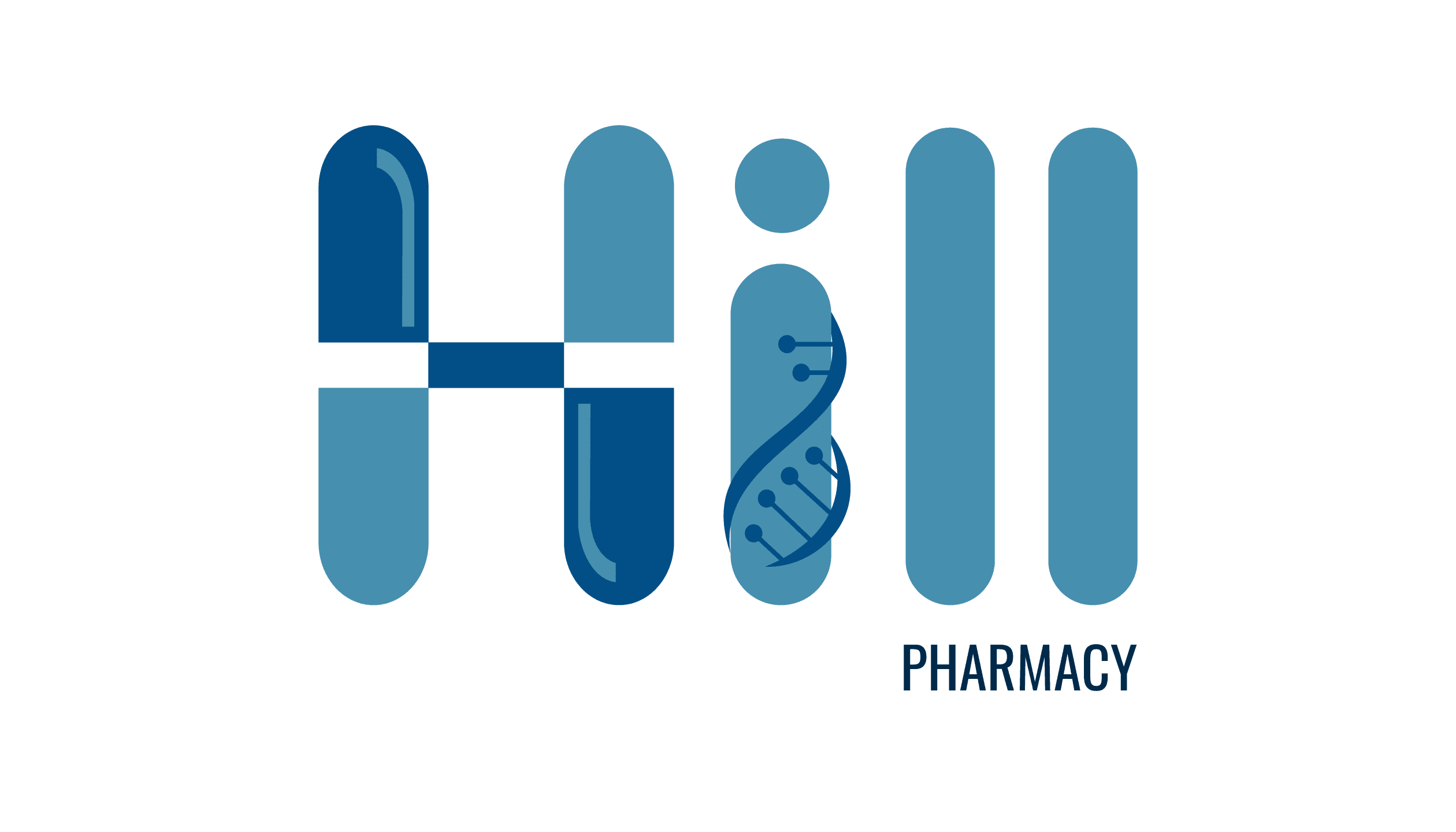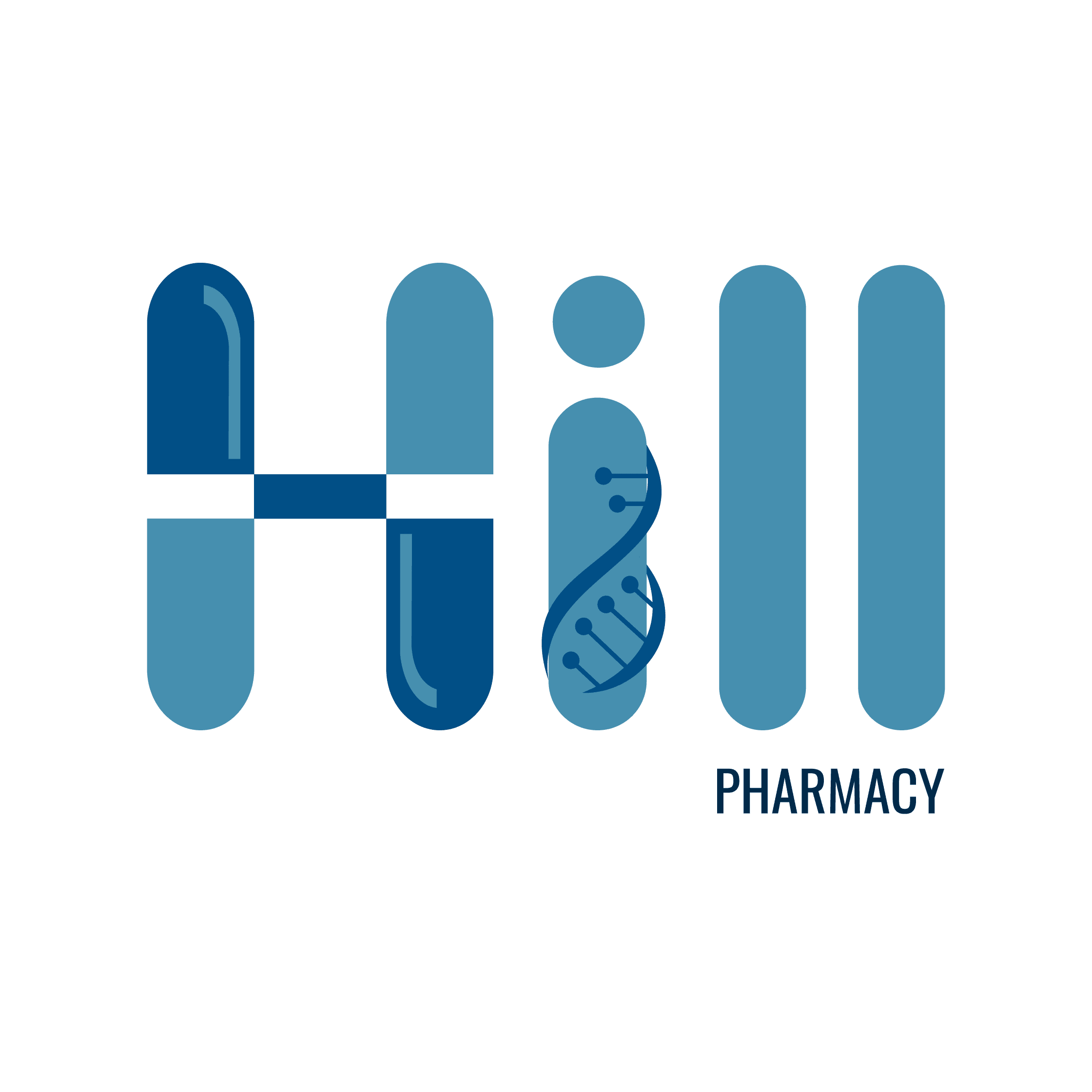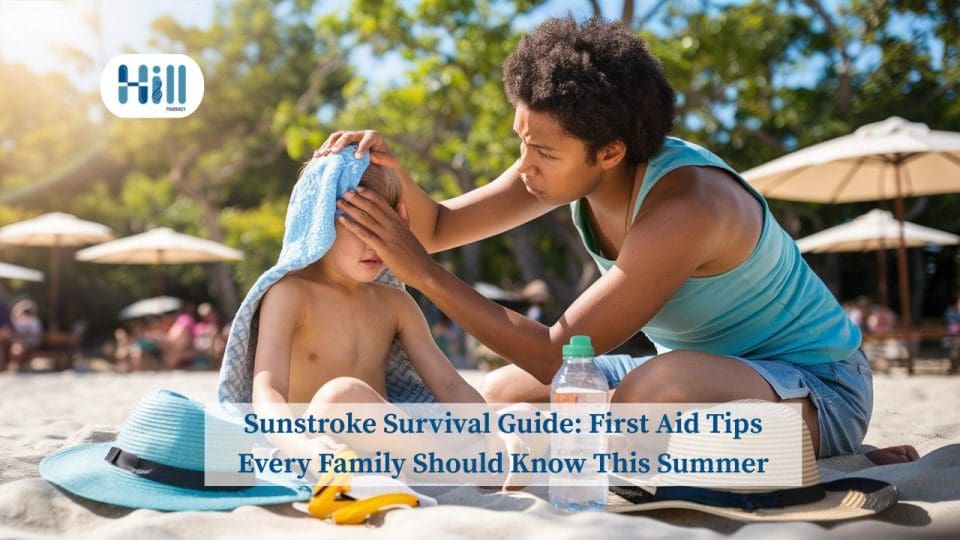
Sunstroke Survival Guide : Summer brings sunshine, vacations, and outdoor fun — but it also brings rising temperatures that can pose serious health risks. Among them, sunstroke is one of the most dangerous yet preventable heat-related illnesses. Whether you’re hiking, gardening, or simply spending time outdoors, understanding sunstroke symptoms, first aid, and prevention tips is critical for every family.
In this comprehensive guide, we’ll explore everything you need to know about sunstroke, how it differs from heat exhaustion, first aid tips, treatment options, and natural remedies to stay safe and healthy during the hottest months.
What is Sunstroke?
Sunstroke, also commonly referred to as heat stroke, is a severe form of heat illness that occurs when the body’s temperature regulation fails. When your core body temperature rises above 104°F (40°C), it can damage the brain, heart, kidneys, and muscles. If not treated immediately, sunstroke can be fatal.
Unlike milder conditions like heat exhaustion, sunstroke is a medical emergency and demands prompt intervention.
Sunstroke vs Heat Stroke: Are They the Same?
Yes — sunstroke and heat stroke are often used interchangeably. Both refer to the same critical condition that results from prolonged exposure to high temperatures, especially when combined with dehydration. However, some experts consider sunstroke as heat stroke specifically caused by direct sun exposure, while heat stroke can also occur in hot indoor environments.
Sunstroke Symptoms: Know the Warning Signs
Recognizing signs of sunstroke early can save lives. Here are common heat stroke symptoms and treatment cues to watch for:
- High body temperature (above 104°F/40°C)
- Hot, dry skin (no sweating despite heat)
- Rapid pulse and breathing
- Headache and dizziness
- Confusion or disorientation
- Nausea and vomiting
- Fainting or unconsciousness
- Seizures
If someone shows these sunstroke symptoms, act immediately.
What Causes Sunstroke?
Sunstroke happens when the body cannot cool itself fast enough. Risk factors include:
- Prolonged sun exposure or intense physical activity in hot weather
- Dehydration
- Wearing tight or heavy clothing in heat
- Age: Young children and older adults are at higher risk
- Medical conditions such as heart disease, obesity, or medications that affect heat regulation
Sunstroke First Aid: What to Do Immediately
First aid for heat stroke can make the difference between recovery and severe health complications. Follow these steps if you suspect someone has sunstroke:
1. Call Emergency Services
Immediately dial emergency services. Sunstroke is life-threatening and needs professional medical care.
2. Move to a Cool Place
Take the person out of the sun and into a shaded, air-conditioned, or cool area.
3. Cool the Body Rapidly
- Remove excess clothing
- Use cool water to sponge the body, especially armpits, neck, and groin
- Place ice packs in high blood flow areas
- Use fans or immerse the person in cool (not cold) water if possible
4. Hydrate If Conscious
If the person is alert and responsive, give them cool water or an electrolyte drink. Avoid caffeine or alcohol.
5. Monitor Vital Signs
Check their breathing, pulse, and level of responsiveness until help arrives.
How to Treat Sunstroke in a Medical Setting
At the hospital, heat stroke treatment may include:
- Intravenous fluids to combat dehydration
- Electrolyte management
- Cooling blankets or immersion therapy
- Oxygen therapy
- Monitoring of kidney and liver function
Timely medical intervention is crucial to avoid organ damage or death.
First Aid Tips for Heat Exhaustion
Before sunstroke sets in, people often experience heat exhaustion, a milder but still serious condition. Symptoms include:
- Heavy sweating
- Weakness
- Nausea
- Muscle cramps
- Dizziness
First aid tips for heat exhaustion include:
- Move to a cool location
- Rest in a reclined position
- Drink cool water or electrolyte fluids
- Apply a cool compress or take a cold shower
If symptoms persist or worsen, seek medical help immediately.
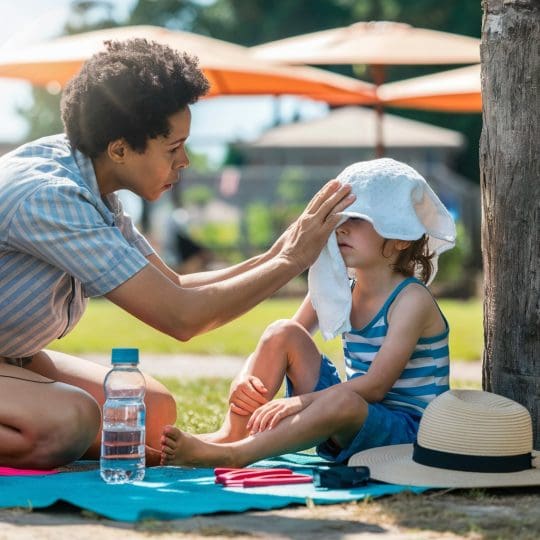
Sunstroke Prevention Tips: Protecting Your Family This Summer
The best way to deal with sunstroke is to prevent it altogether. Follow these sunstroke prevention tips and summer heat safety tips to stay safe:
1. Stay Hydrated
Drink plenty of fluids, especially water and electrolyte drinks. Avoid sugary, caffeinated, or alcoholic beverages.
2. Limit Sun Exposure
Avoid outdoor activities during peak heat hours (10 a.m. – 4 p.m.). If you must be outdoors, rest frequently in the shade.
3. Wear Protective Clothing
Light-colored, loose-fitting clothes made of breathable fabrics like cotton or linen help prevent overheating.
4. Use Sunscreen
While sunscreen doesn’t prevent sunstroke, it prevents sunburn, which can affect the body’s ability to cool down.
5. Don’t Leave Anyone in Parked Cars
Temperatures inside parked vehicles can rise dangerously fast — never leave children or pets inside.
6. Know Your Risk
People with chronic illnesses, infants, elderly individuals, and those on certain medications are more vulnerable to heat illnesses. Take extra precautions for them.
Sunstroke Home Remedies: Natural Support After First Aid
After initial treatment and recovery, these sunstroke home remedies may support healing and hydration:
1. Coconut Water
Rich in electrolytes and hydrating minerals.
2. Buttermilk
Helps cool the body and replenishes lost fluids.
3. Tamarind Juice
Packed with antioxidants and acts as a natural coolant.
4. Mint and Coriander Juice
These herbs have cooling properties and aid digestion during recovery.
5. Aloe Vera
Aloe Vera juice or gel has anti-inflammatory and cooling effects on the body.
Note: These remedies are supportive and should not replace medical treatment for sunstroke.
Supplements That Support Heat Resilience
Certain supplements may help your body better cope with high temperatures:
1. Electrolyte Tablets or Powders
Replace essential salts lost through sweat.
2. Magnesium
Helps with muscle function and hydration balance.
3. Vitamin C
Supports immune function and may reduce oxidative stress from heat exposure.
4. Adaptogens (Ashwagandha, Rhodiola)
These herbs may help the body respond better to physical stressors like heat.
Always consult your pharmacist or doctor before starting supplements — especially if you have existing conditions or take medication.
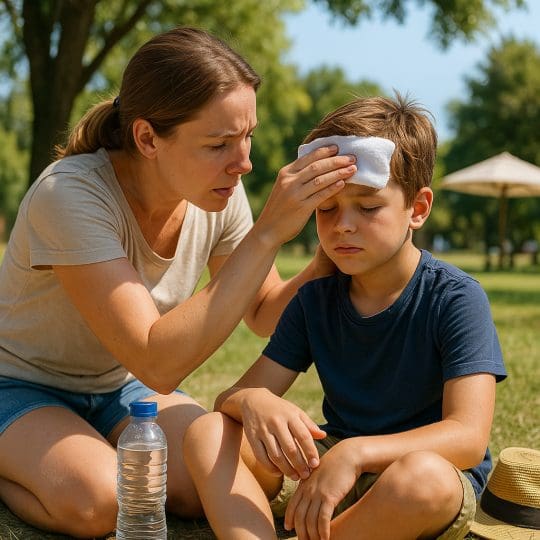
When to See a Doctor
Seek immediate medical attention if you notice:
- High fever
- Altered mental state
- Seizures
- Breathing difficulties
- No sweating in the heat
- Unconsciousness
- Vomiting or inability to drink fluids
- No improvement within 15 minutes of first aid
These are emergency indicators of sunstroke, and delaying treatment can be fatal.
Final Words: Keep Your Cool This Summer
Sunstroke is a dangerous but highly preventable condition. With the right knowledge, awareness of sunstroke symptoms, and fast first aid, you can protect your loved ones from the worst effects of summer heat. Remember, hydration, shade, and awareness are your best defense.
At Hill Pharmacy, we’re committed to keeping your family safe and healthy. Visit us for hydration supplements, cooling relief products, and expert summer health advice.
Quick Checklist for Sunstroke Safety
- Drink water every hour
- Wear breathable clothing
- Avoid peak heat hours
- Keep ORS and electrolytes handy
- Know the signs of sunstroke and act fast
